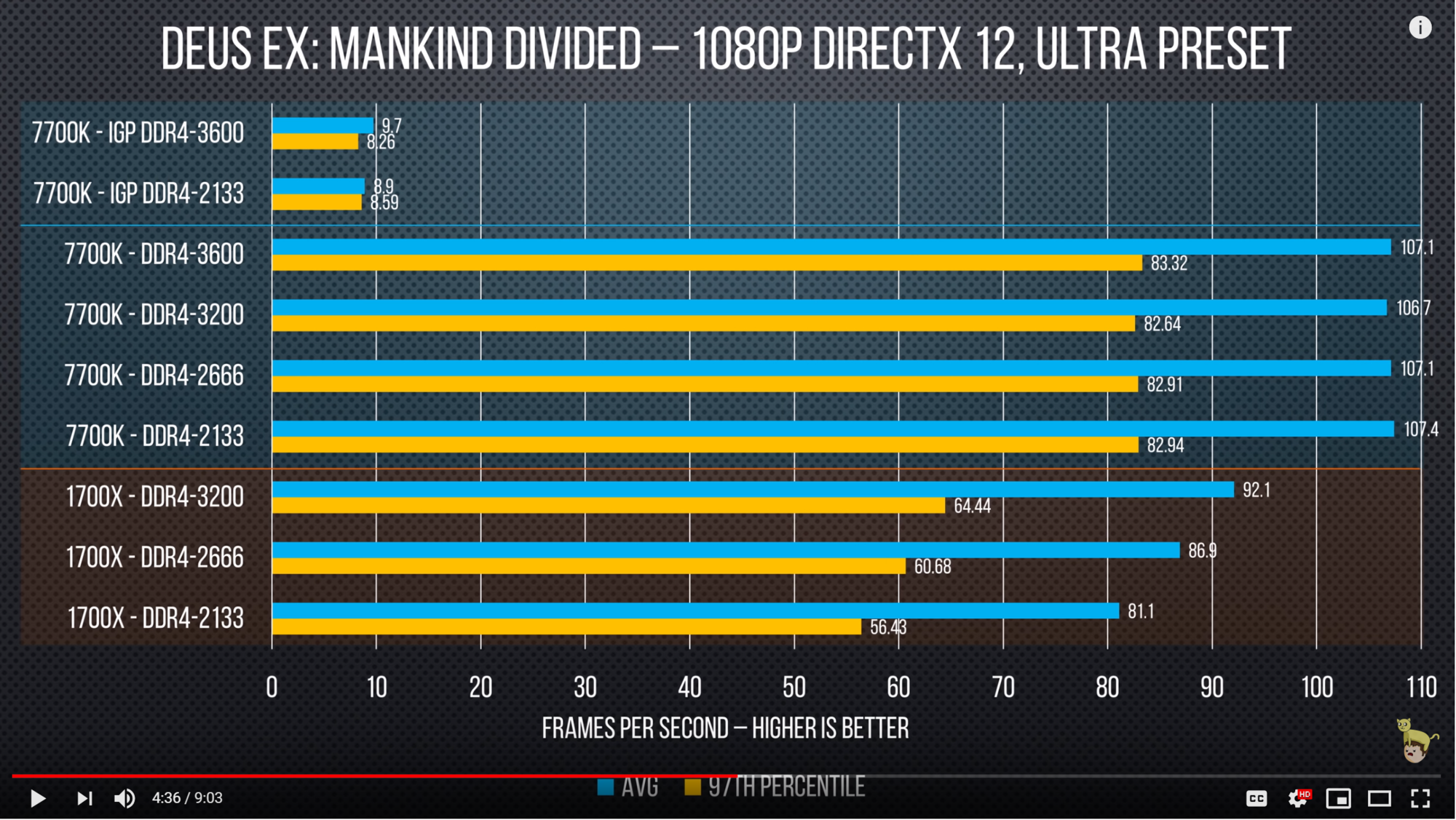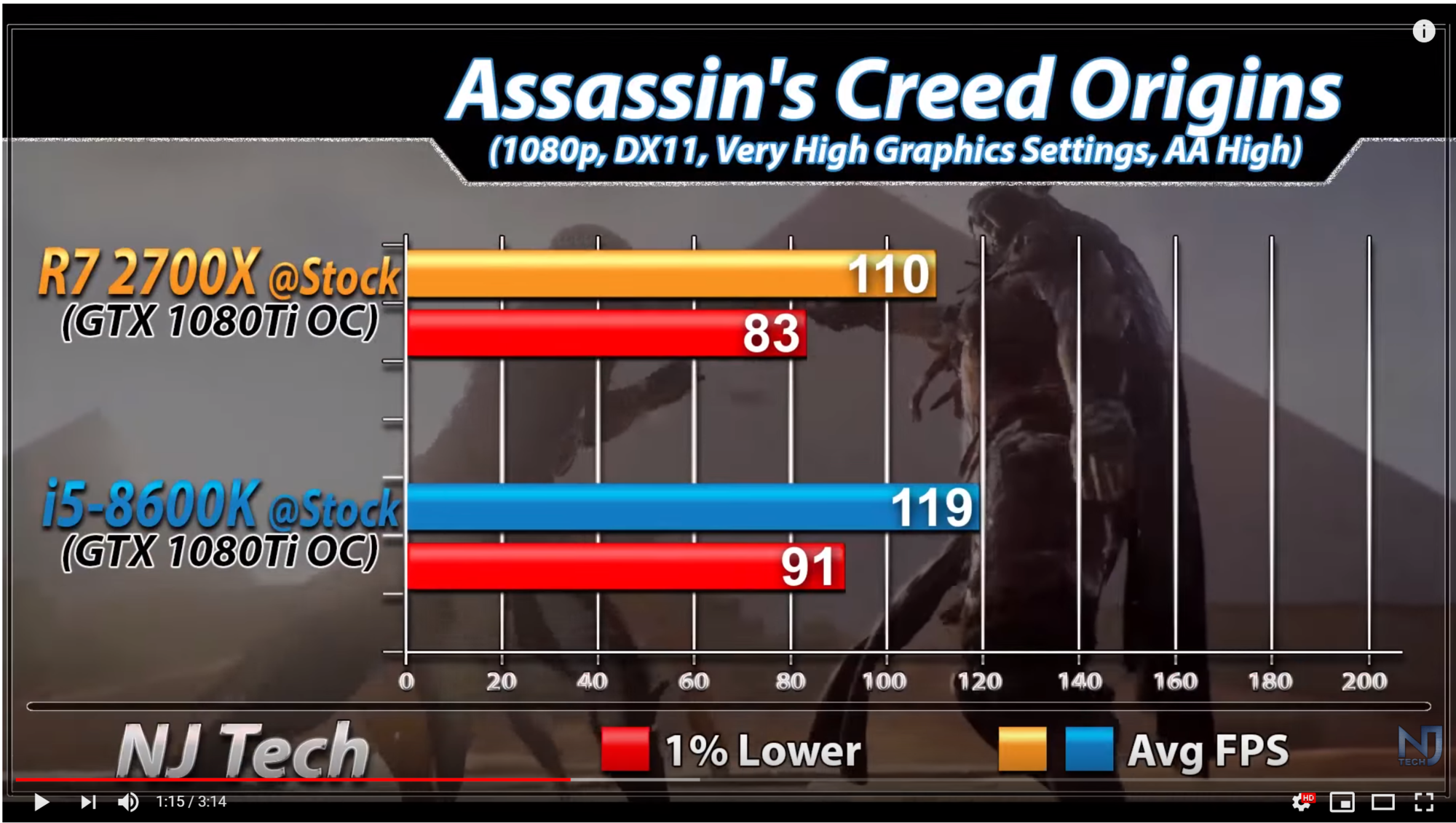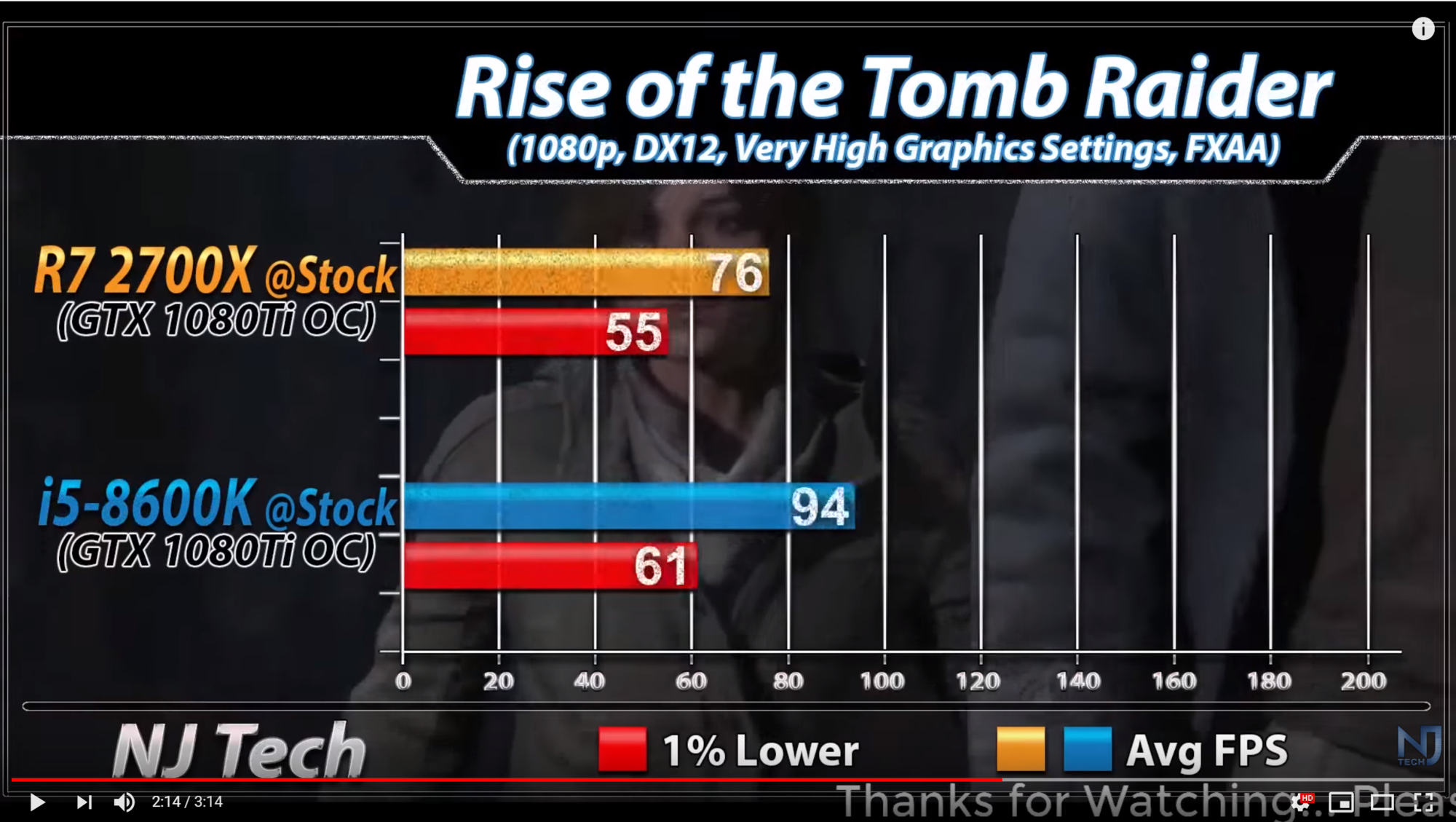LGabrielPhoto
2[H]4U
- Joined
- Jan 5, 2006
- Messages
- 3,240
Which is why I was leaning towards the 9900k because I figured, it this thing can do at least 5Ghz all 8 cores then it should last me long enough that when the time comes to upgrade, I wont mind the platform change. We shall see...I cant even decide on a freakin case yet much less the CPU LOLSame, I thought Intel was ready for anything and not just a 12% increase... Some of us were discussing at work that the amount of money/time/Xeon advancements ment Intel had something up their sleeve, turns out they didn’t and they were coasting... Kinda funny to see the scramble that has been going on.
On features, so that is a tough one on why not to buy now. Yes buying an X470 means you would miss any new non cpu feature, pcie 4.0 etc... However PB2 was a CPU feature “I believe” that ended up being usable on x370/470. But it’s possible that any new CPU feature would require x5xx. Or if required maybe AM4 socket will be phased out and no longer used.
Also I am not following anything Gen 2 is supposedly bringing.
![[H]ard|Forum](/styles/hardforum/xenforo/logo_dark.png)


